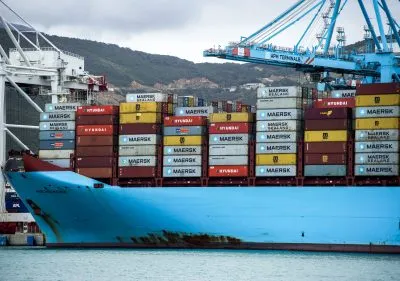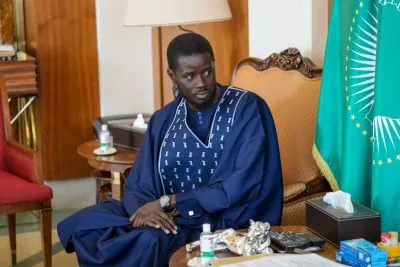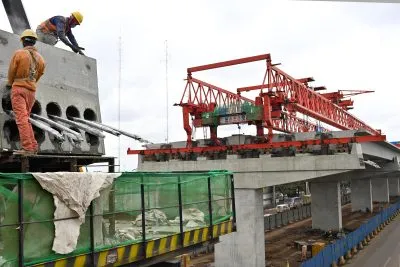When: Thursday, 1 December 2016
Where: AU Headquarters, Addis-Ababa, Ethiopia
Who: African Union Commission
Objectives:
(i) To raise awareness on HIV/AIDS and the different prevention strategies within the African Union Community
(ii) To emphasize the need to prevent new HIV Infections within the AU Community and contribute to end AIDS by 2030.
(iii) To emphasize Voluntary Confidential Counselling and Testing as a necessity and a starting point in the HIV prevention, treatment, care and support spectrum.
(iv) To mobilize AU and African Member States’ Embassies staff to stop HIV/AIDS stigma and discrimination and advocate for non-discriminatory practices at the AU workplaces.
Expected outcome:
- Increase the uptake of Voluntary Confidential Counselling and Testing
- Persons who are HIV Positive are mobilized to seek treatment.
- The AU Community are aware of HIV prevention practices and adopt safe sexual behaviors and live healthy lives.
- HIV stigma and discrimination at the AU workplaces and within the AU Community is reduced.
Participants: Participants will include staff of the AU Commission, AU Peace Support Operations Personnel, staff of African embassies and their family members, visitors to the AUC and support staff within the African Union Commission.
Background: Since 1988, World AIDS Day is celebrated throughout the world on 1 December each year to mobilize people worldwide to unite in the fight against HIV/AIDS. It is a day dedicated to raising awareness on the HIV and AIDS pandemic and review the progress made in the control of the disease and mitigation of the social economic effects on people and economies.
This day provides the opportunity to remember people who have died from the disease and show respect and support for people living with HIV.
Currently, there are approximately 36.7 million people living with HIV and about two-thirds of these are in sub- Saharan Africa. Over half of the cases in Sub Saharan Africa are in Eastern and Southern Africa.
Most people living with HIV or at risk for HIV do not have access to prevention, care, and treatment, and there is still no cure. HIV primarily affects those in their most productive years. HIV not only affects the health of individuals, it impacts household, communities, and the developing and economic growth of nations.
Distributed by APO on behalf of African Union Commission (AUC).
Want to continue reading? Subscribe today.
You've read all your free articles for this month! Subscribe now to enjoy full access to our content.
Digital Monthly
£8.00 / month
Receive full unlimited access to our articles, opinions, podcasts and more.
Digital Yearly
£70.00 / year
Our best value offer - save £26 and gain access to all of our digital content for an entire year!
 Sign in with Google
Sign in with Google 




